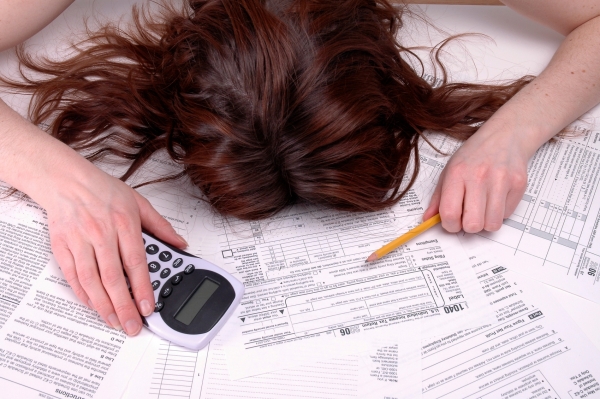When it comes to due dates and business tax debt, the IRD don’t mess around. Business owners who shirk their tax obligations can quickly find themselves in trouble.
If you know your tax bill is going to be bigger than you can handle, it’s important to deal with that as soon as possible – ideally long before it’s due. If you can’t pay your tax bill, you should look at the following steps:
Contact the IRD as soon as possible
The IRD want to help you meet your tax obligations, so if you contact them as soon as you know there’s a problem, they can help you find a solution. It’s best to contact the IRD before the due date, if at all possible, as it increases your chances of being able to get favourable terms.
You should also file your tax returns on time, even if you’re unable to pay the tax owing. If you’re tax compliant, or seeking to be, the IRD will be happy to negotiate a payment arrangement for you to pay your debt off in instalments over time. This can help you with cash flow management while you try to turnaround the business.
If you are suffering from serious ill health then you may qualify for relief under the hardship provisions.
Call the IRD on 0800 377 771, fill out an installment arrangement form online, or see their website page on installment arrangements for more details.
If you're experiencing serious financial hardship
In some circumstances, the IRD will write off an agreed amount of your debt if they determine – based on their criteria – you are in serious financial hardship. They will take into account your payment history, your current situation, and your ability to meet future obligations. You’ll need to fill in the Disclosure of financial position IR590 form.
Bear in mind the IRD will look carefully into your household expenditure, and will require you to make adjustments if it’s significantly above average for your region.
Will you be personally liable for business tax debt?
In theory, your company structure is designed to protect your personal assets in the event of company insolvency or other financial difficulties. However, there are legal means to ensure you’re held liable.
Under a HD 15 of the Income Tax Act 2007, the Commissioner is able to go after personally-held assets of company directors and shareholders in order to recover tax debt. However, this only applies when director and stakeholders have entered into an agreement to purposefully deplete a company of its assets (an asset-stripping arrangement). Such an arrangement is also a breach of Director’s Duties. This clause is rarely utilised to recover debts.
Another Act, the Tax Administration Act 1994, makes provisions for non-compliance with tax laws. Under this Act penalties for a company’s non-compliance can be placed upon an officer of the company. A conviction under this Act could see a company director facing both a significant fine and time in prison. This same Act allows the commissioner to pursue a director personally for unpaid PAYE. The IRD has successfully brought many of these cases against company directors – in these cases the directors have been complicit in breaching their tax obligations.
Are you in trouble with the IRD?
If you’re having problems meeting your tax obligations, or you are trying to make arrangements with the IRD to pay arrears, it's best to be proactive, before you find yourself in even deeper trouble.
If you think your business is in financial trouble contact us to see how we can help.

